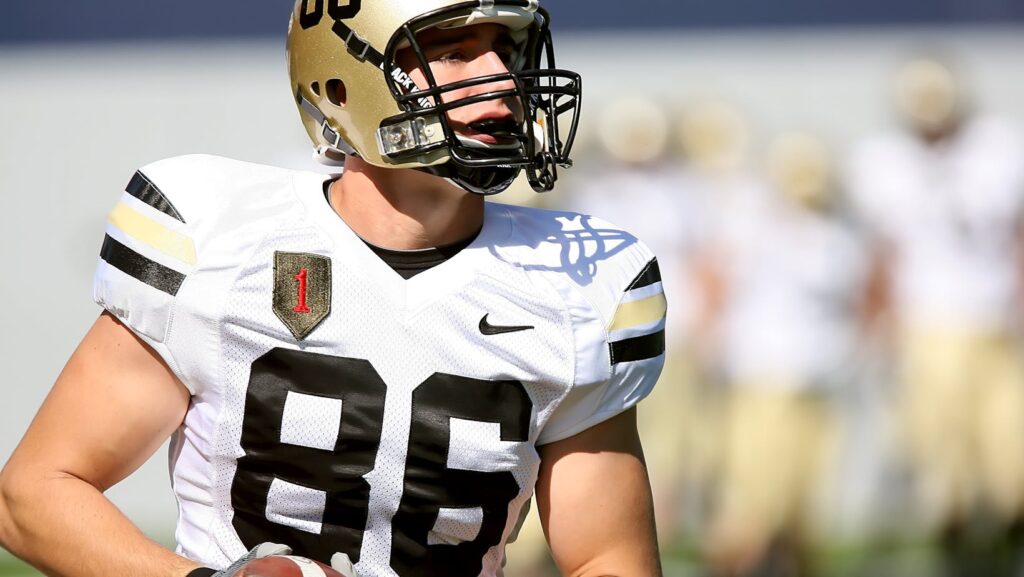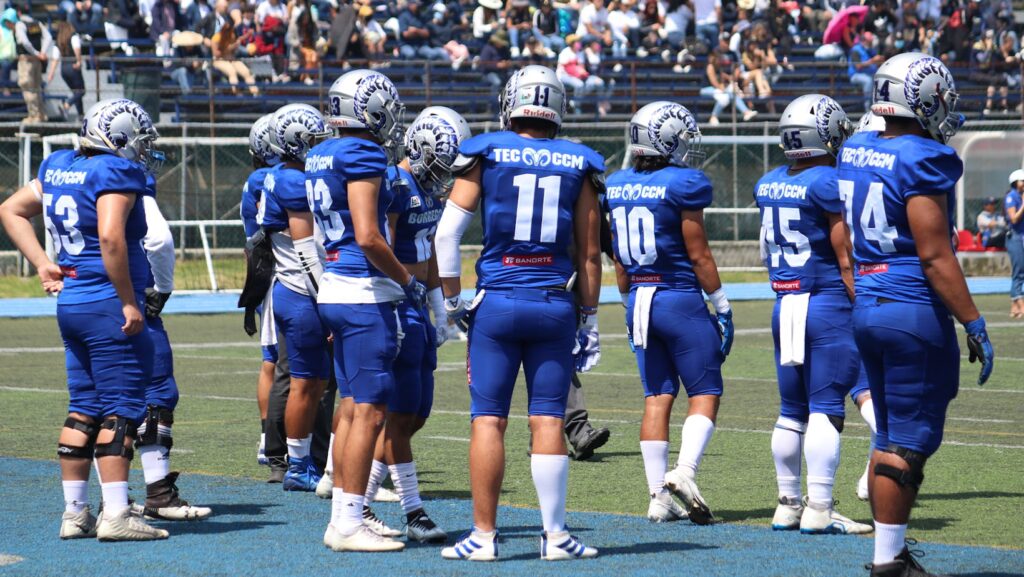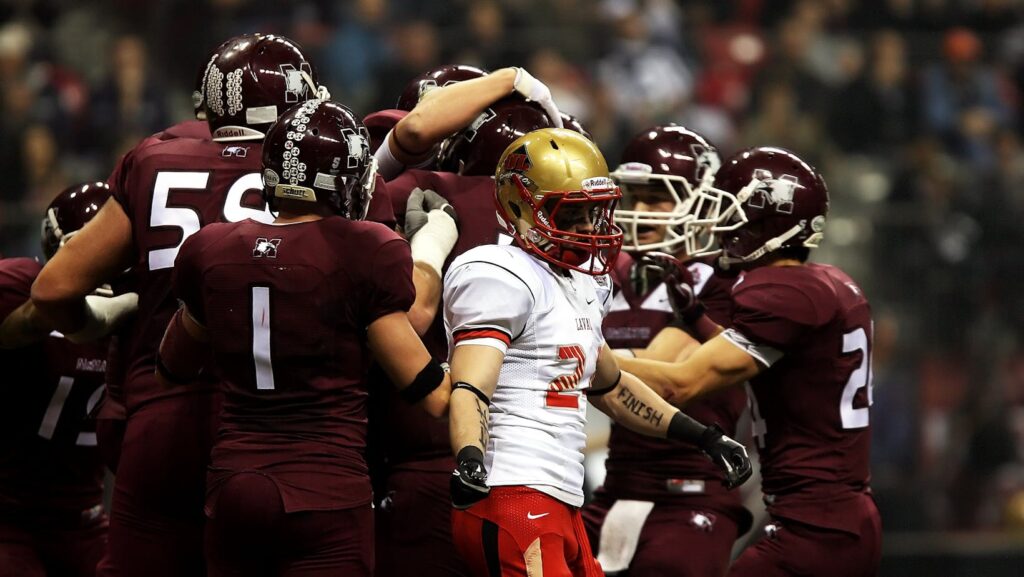In the thrilling world of college football, there’s nothing quite like a jaw-dropping comeback. It’s a testament to a team’s resilience, a spectacle that keeps fans on the edge of their seats, and a reminder that in football, it’s not over until it’s over.
This article dives into the most remarkable turnarounds in college football history. It’s a journey through time, revisiting games where the odds were defied, records were shattered, and the impossible became reality.
So, whether you’re a die-hard football fan or just love a good underdog story, stay tuned. You’re in for a wild ride through the biggest comeback stories college football has ever seen.

Biggest Comeback In College Football History
College football, steeped in history, has been the stage for some of the most spectacular comebacks. These instances, where teams have chosen resilience over resignation, are enshrined in sports folklore.
Key Factors in Memorable Comebacks
In any memorable comeback, a slate of key factors always emerge crystal clear. A game’s momentum, often a fluid and dynamic entity, becomes pivotal. For instance, a recovered fumble can swing momentum in a team’s favor, sparking a resurgence. Team resilience stands as a non-negotiable prerequisite. Teams harness this collective fortitude, showcased in games like the 2006 Insight Bowl. Knight leaders, typically the quarterback or coach, shoulder the responsibility of ignition, lighting the fire that drives a comeback. Their leadership was unmistakably clear in games like the 1974 USC vs Notre Dame match.
Significant Games Before the 21st Century
The history of college football teems with comeback tales from a time long before the digital age. Unforgettable instances like Harvard beating Yale in the 1968 game, despite a 16-point deficit, bear testament to this. Yet another monumental instance was the 1974 USC vs. Notre Dame game. Entering the 4th quarter down 24 points, the Trojans managed a miraculous comeback that left spectators spellbound. These significant games cast long shadows, influencing future generations of players and fostering an enduring love for the sport.

Impact of the Comeback on College Football
The 2006 game between Michigan State University and Northwestern left a significant and lasting impact on college football. Not only did it solidify a belief in the possibility of overcoming seemingly insurmountable odds, but it also led to shifts in coaching techniques and team morale.
Long-Term Effects on Team Morale and Performance
Witnessing the MSU team rally from a 35-point deficit and emerge victorious undoubtedly boosted their self-confidence. It provided a lesson of resilience; instilling in players the mindset that even in dire game situations, the tide can turn favorably.
Following this historic comeback, the MSU team displayed improved performance in subsequent games. For instance, they progressed from a 1-3 record in the Big Ten, to finishing the 2007 season at a notably improved 3-5. It certainly demonstrated that a victory from a significant deficit could serve as a morale booster, potentially translating to heightened team performance in the long run.
Moreover, the comeback triggered a sense of belief not only within the MSU team but also in other football teams across colleges. It became a testament to what grit, perseverance, and strategic thinking can accomplish even under the most challenging circumstances.
Changes in Coaching Techniques Post-Comeback
The comeback made a significant mark on coaching techniques common in the realm of college football. Dave Baldwin, the offensive coordinator for MSU during the 2006 game, astutely adjusted their strategy to exploit Northwestern’s defensive weaknesses. This decision was pivotal to the stunning comeback, prompting other football coaches to place greater emphasis on adaptable tactics and strategic flexibility.
Moreover, the monumental comeback illustrated the importance of maintaining composure under pressure, insightful defensive breakdown, and efficient clock management. Consequently, many coaches began integrating these key lessons into their practices. As a result, situational drills focused on comeback scenarios started becoming an integral part of training sessions in colleges nationwide.
The remarkable comeback of the 2006 MSU team rightly earned its place in the annals of college football history. The impact it had on team morale and coaching techniques remains palpably present in the sport to this day, serving as a constant reminder of the unpredictable nature of the beautiful game.

